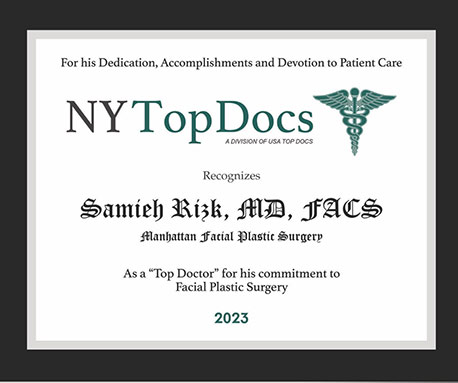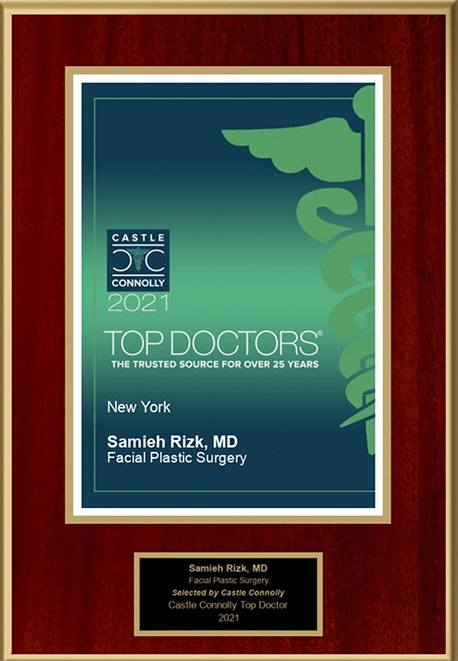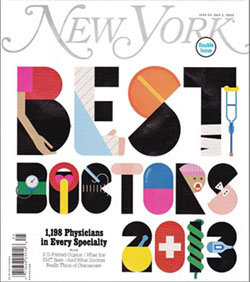Rhinoplasty Recovery
Once your rhinoplasty surgery is complete, you will be moved to a recovery suite and monitored for a few hours. For the first 24 hours after surgery it is normal to experience nausea and/or vomiting. However, if you do experience these aftereffects, or if you are having trouble keeping liquids down, it is important that you contact our medical director. It is also normal to have a fever of up to about 101.5 for the first couple days of recovery. Expect some swelling and minor bruising (although our medical director takes special care to minimize any bruising). During recovery you may experience dry, chapped lips as a result of breathing solely through your mouth. It’s fine to use ChapStick to moisten your lips.
After a couple of weeks most patients feel comfortable venturing outside and returning to most of their everyday activities. However, do not participate in any vigorous activity for several weeks, as it is crucial that you avoid bumping your nose while it is healing.
What to Expect After Surgery
Each patient heals differently, but one thing all patients will experience is swelling. This is controlled using cold compresses and, possibly, medication. Also keep your head elevated for a few days. The swelling should start to go down after a couple of weeks and continue going down in the weeks and months that follow. Note that some minor swelling may persist for up to a year. You should also expect to experience some stuffiness. Decongestants can help, but please consult with our medical director before you take anything. Also, avoid taking aspirin or non-steroidal anti-inflammatory drugs such as Ibuprofen, as they increase your risk of bleeding.
Instructions for Postop Recovery
To encourage a smooth recovery and optimal results, it is vital that you follow the postoperative instructions provided to you by our medical director. Report any nausea, vomiting or trouble keeping liquids down. Take the medications prescribed to you as directed. Use the cold compresses provided to you to reduce swelling. Sleep on your back for several weeks. Avoid bumping your nose and avoid contact sports for a period of months. Do not wear eyeglasses for three weeks. For a full list of postoperative instructions, contact our medical director’s office today.

Medications to Take After Surgery
Our medical director provides his patients with a packet of medications and remedies to take/use after surgery. This packet may include prescription medications, supplements, vitamin K and a Medrol dose pack, along with medicines to speed up recovery.
If you experience pain but it is mild, you can take extra strength Tylenol, making sure to follow the manufacturer’s directions. Also, you may have a sore throat as a result of the anesthesia used during surgery; it is fine to take lozenges such as Cepacol to relieve this minor discomfort. If your nose is dry you can use saline spray to lubricate your nose.
To help reduce swelling, our medical director will likely recommend that you take the herbal supplement arnica montana. (Our medical director no longer uses bromelain due to gastrointestinal issues in some patients.)
The medication schedule sheet provided to you by our medical director will include additional information on medications to take after surgery. It is imperative that you take your medications, supplements and other remedies as directed by our medical director.
Diet
Your stomach is likely to be sensitive in the days following your rhinoplasty surgery. During this time, your diet should consist of clear liquids, broths and bland foods. You can gradually work back to your normal diet as you feel comfortable doing so. Do not consume foods that are high in sodium, and avoid alcohol for a period of three weeks after surgery.








